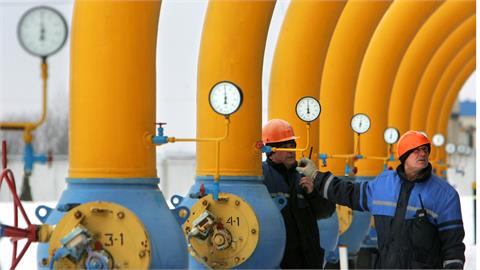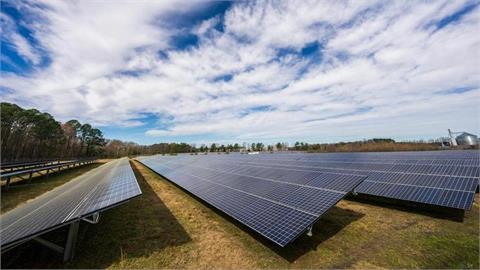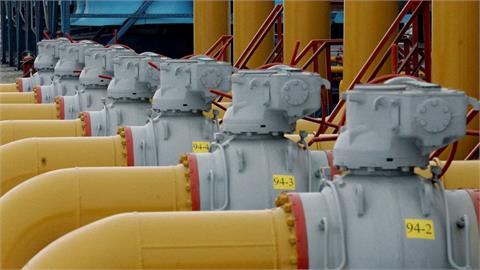On January 2, oil prices eased after hitting mid-2015 highs in early trading, Reuters reported, noting that it was the first time since January 2014 that the two crude oil benchmarks opened the year above $60 per barrel, boosted by protests in Iran and ongoing supply cuts led by the Organization of Petroleum Exporting Countries (OPEC) and Russia.
WTI crude futures CLc1 traded 20 cents lower at around $60.22 a barrel by 11:34 a.m. EST (1634 GMT). In early trading WTI hit $60.74, the highest since June 2015, Reuters reported. Brent crude futures LCOc1, the international benchmark, were down 53 cents, or 0.8% at $66.34 a barrel. The session high of $67.29 was the highest since May 2015.
Chris Weafer, a partner at Macro-Advisory in Moscow, told New Europe by phone on January 2 that uncertainty over supply boosted crude oil prices "specifically the uncertainty in Iran particularly if the US were to use the opportunity of the protests to tighten sanctions and to push for even stronger sanctions, which they may then affect the oil supply. That said it’s going to be there for a while and keep the market nervous”.
Weafer added that concerns about supplies through dangerous parts of Libya also caused uncertainty in the market.
"Uncertainty is the problem and it seems disruptions can happen any time. Last year begun with presumptions that supply was now on the rise and safe but that clearly isn’t the case and we’re reminded this is an issue. And also you got the uncertainty in Venezuela,” Weafer told New Europe.
"So at least at the start of the year, at least in one-fifth if the year, you’re going to have uncertainty factors and generally in the Middle East. It’s quite clear the situation in the Middle East is quite far from stabilising. It’s possible there’s going to be conflict between Hezbollah and Israel or generally in Lebanon. All these add to uncertainty over supply and make the market nervous and the price a bit high,” the Macro-Advisory partner in Moscow said.
https://www.neweurope.eu/article/iran-protests-boost-oil-prices-middle-east-uncertainty-prevails/



